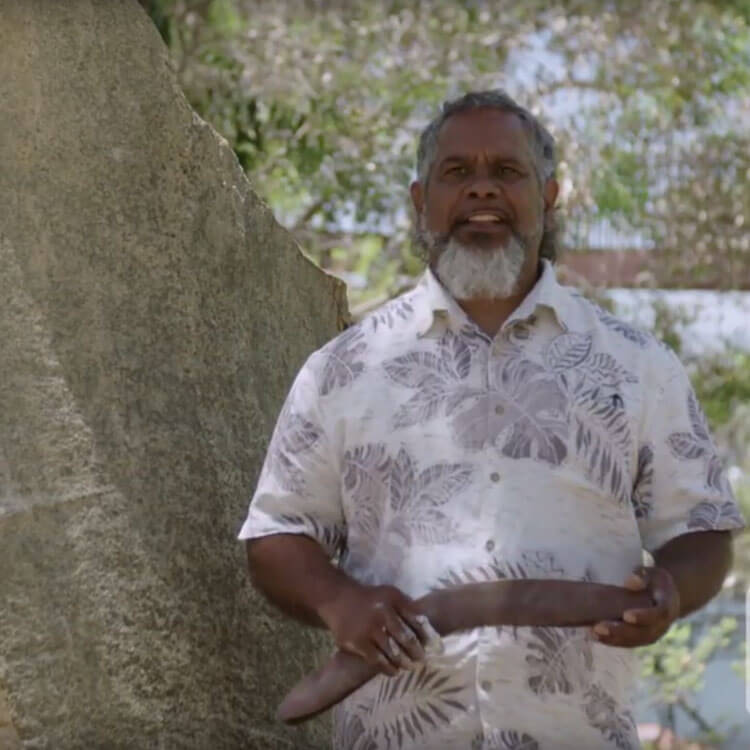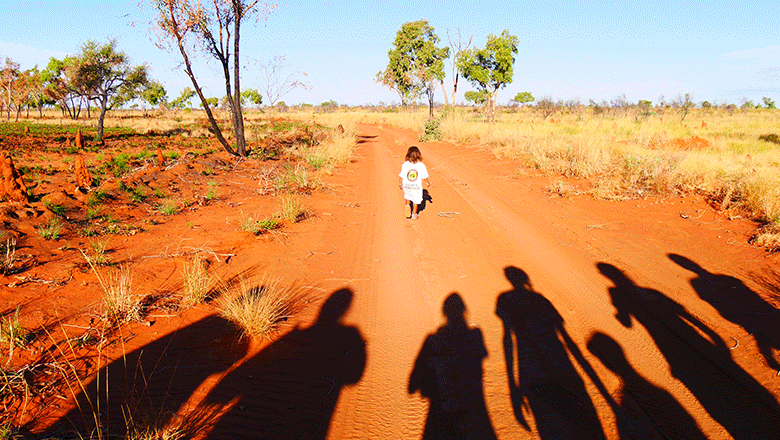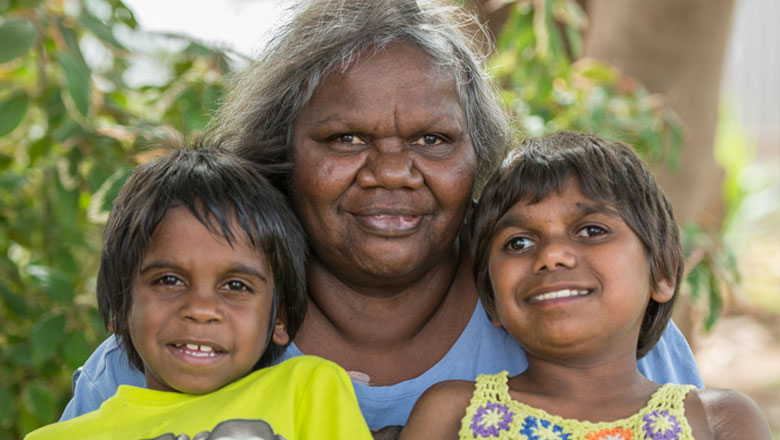Search
Research
A collaborative yarn on qualitative health research with Aboriginal communitiesIn this paper, we seek to provide guidance for researchers who are new to undertaking research with Aboriginal and Torres Strait Islander communities
Research
Childcare Use and Its Role in Indigenous Child Development: Evidence from the Longitudinal Study of Indigenous Children in AustraliaRelatively disadvantaged children might benefit more from attending childcare, as indicated by the positive estimated effects found for those who never attended childcare
Research
Missing Voices: Profile, Extent, and 12-Month Outcomes of Nonfatal Traumatic Brain Injury in Aboriginal and Non-Aboriginal Adults in Western AustraliaThese findings suggest an urgent need for multisectoral primary prevention of traumatic brain injury
Research
Pediatric hospital admissions in Indigenous children: A population-based study in remote AustraliaWe analysed hospital admissions of a predominantly Aboriginal cohort of children in the remote Fitzroy Valley in Western Australia during their first 7 years.
Research
No evidence for impaired humoral immunity to pneumococcal proteins in Australian Aboriginal children with otitis mediaConserved vaccine candidate proteins from S.pneumoniae induce serum and salivary antibody responses in Aboriginal and non-Aboriginal children with history of OM
Research
Solutions that work: What the evidence and our people tell us. Aboriginal and Torres Strait Islander Suicide Prevention Evaluation Project ReportThe Report summarises the evidence-base for what works in Indigenous community-led suicide prevention

News & Events
Video: Aboriginal AsthmaWadjuk Nyungar man Walter McGuire talks about the importance of air quality to our health.

News & Events
Alcohol restrictions a powerful tool for communitiesThere is growing evidence that alcohol restrictions are effective in empowering communities to reduce the immediate and long term impacts of alcohol.

News & Events
Exploring resilience as a pathway to Aboriginal young people's healthCan resilience improve health outcomes in Aboriginal young people? That question will be explored by The Kids Research Institute Australia researcher Clair Scrine.

News & Events
Folate success helps Aboriginal kidsMore than 30 years of research into the links between folate and neural tube defects has paid off for The Kids Research Institute Australia researcher Professor Carol Bower.
